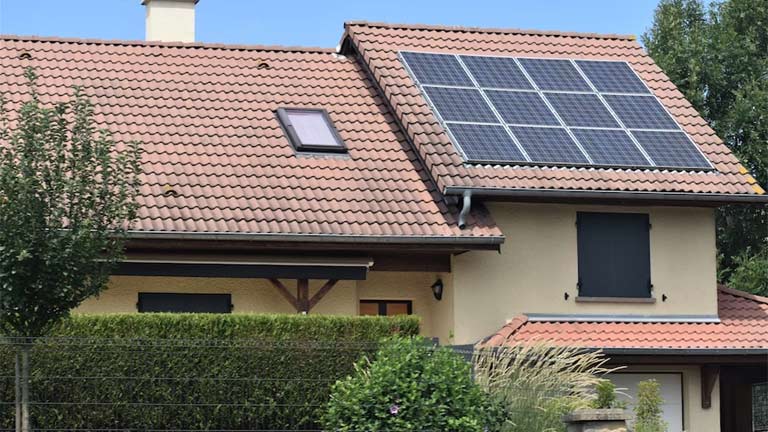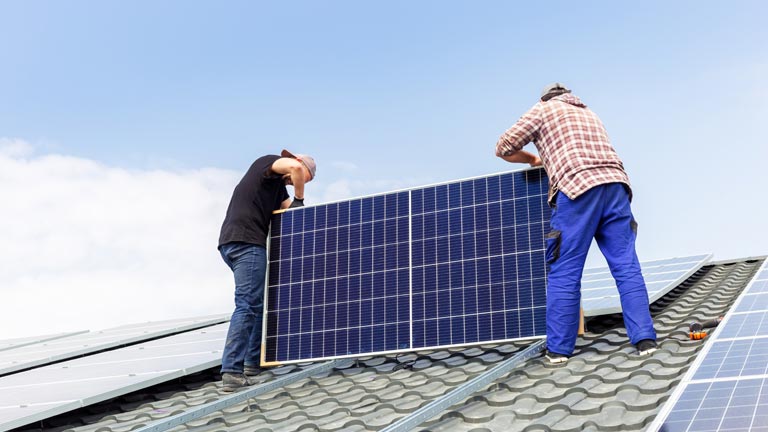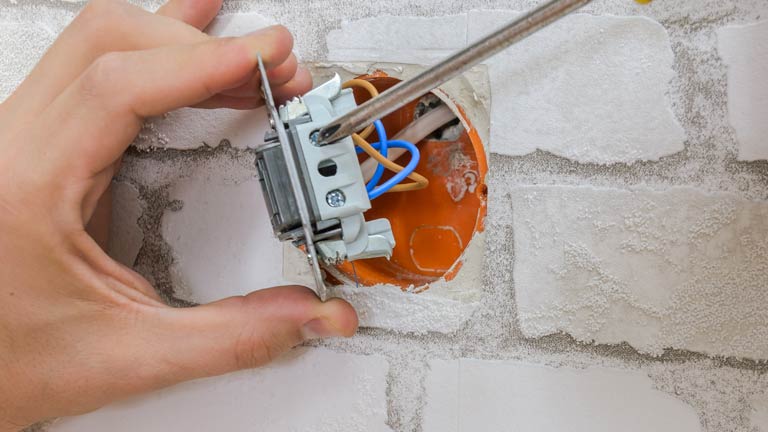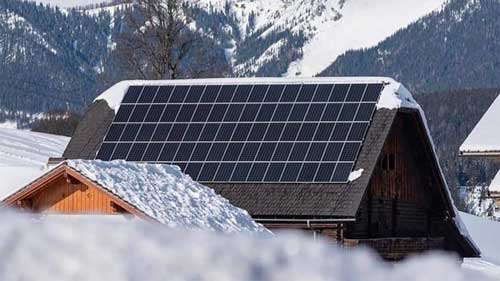
Saving money with solar is a topic that many people are discussing, but it can take time to determine if it’s a worthwhile investment.
Opting for solar panels from a reputable supplier can save money in the long run. Even renters can benefit from solar solutions, which can help lower their monthly expenses.
To determine how much you can save, consider the size of your pool, the rates your electricity provider charges, and the amount of sunshine your region receives.
The typical cost of installing a solar system is between £5,000 and £11,000, but there are financing alternatives and tax credits that can help offset this cost.
Why Consider a Solar Investment?
Installing solar panels on your roof can decrease or eliminate your reliance on traditional electricity sources and instead generate sustainable energy.
The primary factors that affect the cost savings of going solar are the initial expense of setting up your solar panel system and purchasing electricity from the grid.
If your monthly energy costs exceed your expenses, transitioning to solar energy is cost-effective.
The payback period for a solar panel system varies based on the size of your system and the length of time it takes to recover your initial investment. Estimating the break-even point is challenging due to early expenditures and energy price fluctuations.
However, solar panels can recoup their initial cost within six to ten years. The duration of time it takes to recover the cost of your solar panel system and the monthly savings you achieve are highly variable.
How is Solar Energy Cost-Effective?
Living in an area with high energy rates can be expensive, but installing solar panels can help you save money on your monthly power bill. A typical household in the UK may save between £210 and £514 per year. You can also take advantage of the 26% tax credit to further reduce the cost of solar panels.
To determine your potential savings, you’ll need to know your typical annual energy costs, as savings vary depending on your location, energy habits, and the number of solar panels you install.
Remember that electricity price changes can also impact your solar cost savings. Many people choose to invest in solar panels for the long-term financial benefits and lower maintenance costs associated with their long lifespan.
Calculating the ROI
Determining the capital
The first thing to consider when installing solar panels is the total cost, including the system price, installation cost, and applicable fees. After that, contact a reputable solar installer to confirm local prices.
Rebates
Homeowners who install solar panels are eligible for a one-time tax credit calculated based on the system’s initial cost. Rebates and tax credits are available from various service providers, and homeowners should inquire about them from their utility company.
Electric consumption
This estimate will show that although solar energy can provide all your energy needs, households with higher energy consumption may need to supplement with grid electricity. The number of solar panels installed and other variables can also affect this.
Calculate
The cost of installing solar panels in the UK should include the panels, mounting equipment, installation fees, and associated costs. The size and type of the solar array determine the overall cost. Homeowners can estimate savings by comparing energy consumption to solar panel output.
Verdict
Investing in a solar system can be a wise decision as long as the savings on energy costs can make up for the initial cost within a reasonable timeframe.
One can reap immediate benefits by opting for solar energy. The key advantages of solar panel installation are reduced costs and a speedy return on investment.
These benefits are attributed to the federal tax credit, reduced utility bills, and increased property values.
With solar energy, you can save money and reduce carbon emissions even if energy prices remain unchanged.
In addition, solar panels in Doncaster have a lifespan of approximately 30 years and only require occasional cleaning, making them a durable and low-maintenance option.
Although solar energy may seem expensive initially, its long-term benefits easily outweigh the initial investment.




